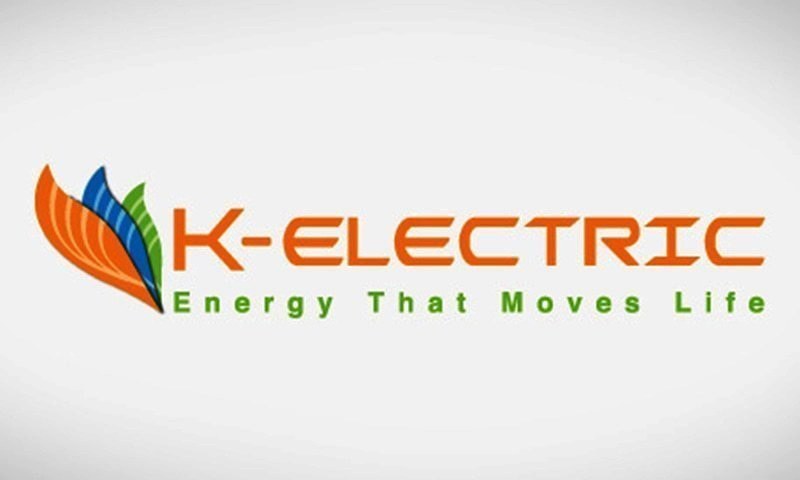As forward-looking power utility, K-Electric focuses on innovating to provide its customers with quality service over and above the provision of reliable supply of electricity. In today’s rapidly evolving world, successful companies are leveraging technology to increase their agility and adaptability.
In support of this vision, KE has launched the 7/11+ Innovation Challenge, inviting members of academia, researchers, and startups to join the utility in addressing the challenges of tomorrow. The Innovation Challenge will revolve around UN SDG 7 and SDG 11 – affordable energy for all and creating sustainable cities and communities respectively.
Participation is encouraged from across Pakistan and applicants can select one particular SDG vertical to tackle, or additionally work on specific challenge statements in particular operational areas of the utility.
Over the course of the program, these projects will undergo an intensive incubation period along with mentorship opportunities to help them explore the feasibility and scalability of their proposals. The top 3 finalists will also receive cash prizes worth PKR 3 million total, and the possibility of a B2B contract with KE to implement the projects.
Today’s world is experiencing rapid shifts on the back of increasing technological development, which is increasing the rate of urbanization.
The United Nation’s Department of Social and Economic Affairs (UN DESA) estimates that by 2050, 68% of the world’s population will be living in urban areas. Compounded with population growth trends, this is predicted to add up to 2.5 billion people in the next 2 decades, with 90% of this increase expected in Asia and Africa.
At the same time, approximately 789 million across the world – with approximately 57 million in Pakistan alone – lack access to electricity.
Facilitating these large-scale transitions requires innovative thinking and strategic planning to ensure its sustainability. Governments globally are locking heads and chalking out elaborate, ambitious plans today to prepare themselves for the future.
In many areas, the private sector is also playing a proactive role by striking partnerships and leveraging its resources to create an enabling environment to invite new ideas for critical problems. Working under the umbrella of the United Nation’s Sustainable Development Goals (UN SDGs) is providing a galvanizing platform to consolidate these efforts.
KE has already been making inroads towards its goal of uplifting the geographies it operates in. Project Sarbulandi is a PKR 10 billion investment plan conceived under UN SDG 11 and geared towards Karachi’s 12 most populous districts.
In addition to upgrading the electrical infrastructure and providing over 100,000 low-cost meters to regularize electricity consumption, the company has adopted public spaces including parks and schools to upgrade neighborhoods and build social capital.
The utility also partnered with the Sindh Government to support the execution of the Green Line BRT system which is extending access to affordable public transport services for Karachi’s rapidly growing population.
Committed to securing a cleaner, greener energy future, KE is also working to integrate more renewable energy into its mix, with plans to add as much as 1100 MW of green energy by 2030. Distributed energy also remains a key focus, with almost 40 MW of renewable energy integrated into KE’s system via net-metering across Karachi in FY21.
Recently, the company also signed a tripartite MoU with the Sindh Energy Department and World Bank to purchase up to 350 MW of distributed energy via projects established across the province.










